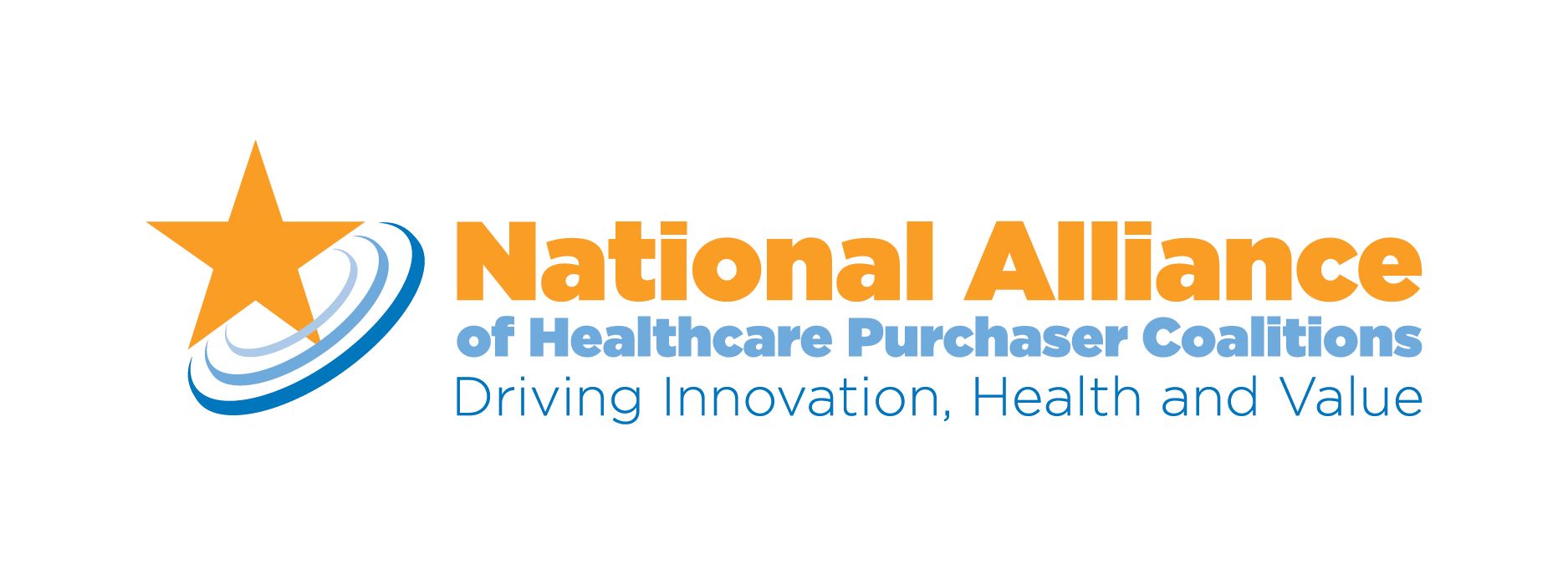
How Are Employers Adjusting Health Benefit Strategies Amid the Pandemic?

Amid disruption precipitated by the coronavirus disease 2019 (COVID-19) pandemic, a survey by the National Alliance of Healthcare Purchaser Coalitions shows employers are maintaining or accelerating their health benefit strategies for 2021 and 2022.
Amid disruption in health care delivery and economic downturn precipitated by the coronavirus disease 2019 (COVID-19) pandemic, a
The online survey, which was conducted in August and September 2020, polled 165 employers nationwide who are members of coalitions affiliated with the National Alliance. Seeking to gain insight on benefit strategies and reform, the survey asked questions ranging from long-term health strategy to how employers can create a more sustainable system during the pandemic.
Discussing the most pressing issues threatening the affordability of employer-provided health coverage for employees and their families, several key market forces were indicated by employers as presenting a significant threat:
- Drug prices (90%)
- Lack of transparency (73%)
- Hospital prices (71%)
- Surprise medical bills (58%)
- Overuse of low-value services/waste (53%)
Delving into the current state of health care benefit design for employers, Michael Thompson, president and CEO of the National Alliance,
So, what steps are employers taking to address the ramifications of the pandemic?
Based on survey responses, 71% of respondents plan to stay the course or accelerate their health benefit strategies in 2021, and 63% report they will take the same approach in 2022. As far as reforms being considered to one’s health benefit strategy, a majority of employers stated it would be very or somewhat helpful to address drug price regulation (94%), hospital price transparency (90%), surprise billing regulation (81%), and hospital rate regulation (79%).
Polled on top delivery and payment reform strategies for this year, 61% of employers are reducing waste and inappropriate care, and 47% are addressing steerage within networks. Across the next 2 years, the top strategies being considered include hospital quality transparency (44%), hospital pricing transparency (43%), regional centers of excellence (39%), and advanced primary care (36%).
“Looking forward, they are working to shift market dynamics to get better value for their health care dollars through delivery-based strategies such as advanced primary care and centers of excellence, and there is also an increasing openness to government action,” said Thompson.
Furthermore, 50% of employers said that a Medicare public option would be very or somewhat helpful, while 21% conversely felt it would be very or somewhat harmful. When polled on Medicare for all, 46% of employers said it would be very or somewhat harmful.
On issues exacerbated by the pandemic, caregiving benefits have tripled since the start of the pandemic, including leave (30%) and protected time to support employee caregiving needs (28%). Enhancing support of mental health issues, which was indicated in a prior poll by the National Alliance and Lyra Health to be affecting 80% of US workers, was said to be a priority among 49% of employers.
Social injustice issues were also referenced in the poll, with 58% of employers stating they are currently providing antiracism education and 52%, cultural competency training. Forty percent are considering programs for transparency and education for health care disparities and access to aggregate health data by race/ethnicity over the next 2 years.
"Rising health care costs continue to burden our businesses and employees, and they are crowding out jobs, wages, and in the age of COVID, our economic recovery," Elizabeth Mitchell, president and CEO of the Pacific Business Group on Health,
Newsletter
Stay ahead of policy, cost, and value—subscribe to AJMC for expert insights at the intersection of clinical care and health economics.









